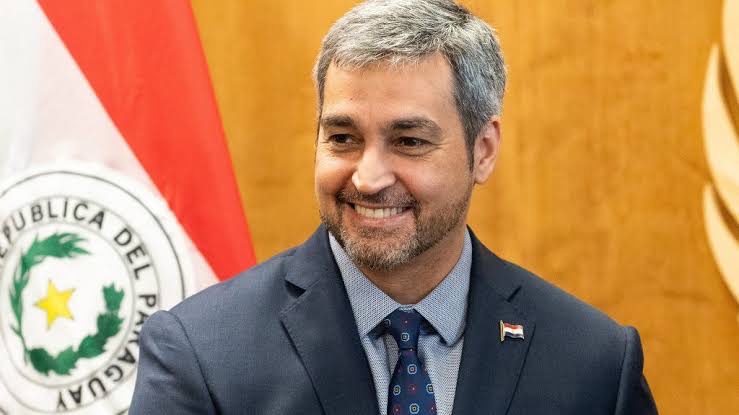The law was adopted by the nation’s Senate in July as the country’s mining industry continues to grow as a result of cheap energy costs.

On Monday, Mario Abdo Bentez, the president of Paraguay, vetoed a bill that attempted to classify bitcoin mining as an economic endeavor. He reasoned that the development of a nationally sustainable business might be hampered by mining’s high electricity use.
According to the regulation, crypto mining does not produce added value on par with other industrial operations because it requires a lot of cash and little manpower. The number of crypto and blockchain employment listed in the US increased by 615% in 2021 compared to 2020 according to LinkedIn’s Economic Graph.
The law was intended to stimulate cryptocurrency mining through the utilization of excess electricity, according to the bill’s proponent, Senator Fernando Silva Facetti, but the Paraguayan government decided to ignore the activity in the nation.
On July 14, the measure was finally passed by the Paraguayan Senate, classifying cryptocurrency mining as an economic activity. They enacted a 15% tax on the associated economic activity, but the decree views the brackets as a tacit encouragement for the sector. It reads:
“By subordinating the rate applicable to the users of crypto miners to just a small percentage above the current industrial rate, an indirect industrial incentive would be offered to crypto mining.”

The document states that while the GDP increased more than 4% over the previous five years, industrial investment in the nation increased by 220% in the preceding year to $319 million. The national industry might need all the energy produced and available in the nation if this rate is allowed to continue in order to maintain sustainability.
“If Paraguay wants to intensify crypto mining today, in the next four years it will be forced to import electricity,” the decree said.
The legislation that the Senate passed mandates that miners submit an application for a license and a request for permission to use industrial energy. Additionally, it established the Secretariat for the Prevention of Money or Asset Laundering to oversee cryptocurrency investment firms and the Ministry of Industry and Commerce as the major law enforcement agency.
Since 2020, mining infrastructure has been set up in Paraguay thanks to the low cost of energy there. According to statistics on global gasoline prices, home power costs in December 2021 were $0.058 per kWh and commercial electricity costs were $0.049 per kWh.